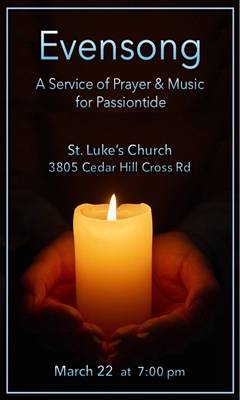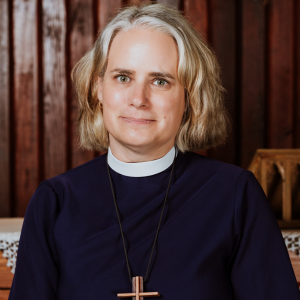As we begin 2023, I’d invite us all to consider the recent census that suggests we are the most secular diocese in North America. According to data compiled two years ago, one third of Canadians identify as having no religion. Here in BC it is much higher with 52 per cent saying likewise. Moreover, on Vancouver Island it is even greater. Nanaimo is in fact the most secular urban centre in the country at 62 per cent. The rest of the diocese isn’t much further behind with Victoria at 60 per cent and Parksville at 52 per cent. Vancouver, by comparison, is at 47 per cent. Things look much different on the east coast with only 20 per cent of respondents in St. John’s, Newfoundland saying they are not part of any religious denomination.
These trends are of course reflected in church attendance. While in 1957, 53 per cent of Canadians could be found at worship on a Sunday morning, today, only 10 to 15 per cent attend a weekly religious service or any.
In 1965, Harvard professor Harvey Cox published what is still considered a very important book entitled The Secular City. He posited that the Church is primarily a people of faith and action, rather than an institution and that “God is just as present in the secular as the religious realms of life.” Cox also argued that far from being a conventional religious community, the Church should be in the forefront of change in society. “Intrinsic conservatism,” he thought, “prevents the denominational churches from leaving their palaces behind and stepping into God’s permanent revolution in history.”
Earlier in 2009, Cox published The Future of Faith. In that book he talks about how the “Age of Belief” — an era that began about 1,500 years ago when the Church moved from being a movement to an institution and became increasingly focused on creeds and hierarchies — is over. People nowadays, Cox wrote, just can’t or won’t believe anymore. However, there is a huge resurgence and interest in the spirit and all things spiritual. Cox calls this new awakening the “Age of the Spirit.”
How this “Age of the Spirit” is manifested here on Vancouver Island is perhaps best captured by the recent book Religion at the Edge: Nature, Spirituality and Secularity in the Pacific Northwest. In it, one of its editors Paul Bramadat proposes that our unique corner of the world has a particular confluence of secularity, spirituality and openness. One of its defining characteristics is a “reverential naturalism” — themes and values that emerge from conventional religion. This suggests to me that reverence for the natural world and finding spirituality in it is a way for us in the diocese to connect with those who do not identify as being conventionally religious. Undoubtedly, we have shared concerns like the state of the environment, the threat of climate change and so forth.
The very opening passages of the Bible are of course the story of God creating the world. What we need to focus on at this moment in history is that it is the state of creation, not the institutional church, that is God’s primary concern. The church does not exist for its own sake but for that of the world and more than ever, the world is in need of healing, restoration and resurrection. We are called to fulfill our baptismal covenant by striving for justice and peace among all people and by safeguarding the integrity of God’s creation. It is for us to respect, sustain, and renew the life of the earth.
The secularity of this time and place is not a problem to be solved so much as it is an invitation to find new ways to connect our faith and our practice with it. For God, I am quite sure, is just as present in the secular realms of life as in the religious. The secularity of our age does not mean that God is not present or that the Spirit is not moving. Rather it means that we need to be on the lookout for movement of the Spirit in the world.




